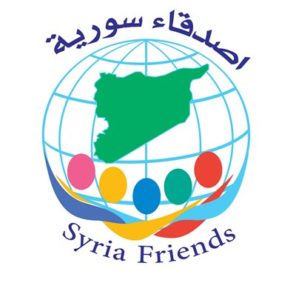Russia’s Foreign Ministry says the almost unanimous refusal of the United Nations Security Council to support a US-sponsored draft resolution on extending the arms embargo against Iran proves that international law exists.
During the 15-member Security Council vote on Friday, the US received support only from the Dominican Republic for its anti-Iran resolution, leaving it far short of the minimum nine “yes” votes required for adoption.
Russia and China voted against the draft resolution and the remaining 11 Security Council members, including France, Germany and Britain, abstained.
It added that the body members’ refusal to support the draft resolution showed that all the Security Council resolutions, including Resolution 2231 that endorses the landmark 2015 nuclear deal — officially known as the Joint Comprehensive Plan of Action (JCPOA) — “must be observed by everyone, including Washington, and in their entirety, and not only in the part that suits [the US].”
The ministry emphasized that the US knew in advance that its resolution would not be supported.
The United States had, in recent months, stepped up its push to keep the UN arms ban against Iran in place through a UNSC resolution, threatening that it would use a provision in the landmark 2015 nuclear deal, which Washington left in 2018, to trigger a return of all UN sanctions on Iran if the UN body failed to extend the embargo.
The remaining signatories to the deal, even Washington’s own allies, have repeatedly reminded the US that it is no longer a party to the JCPOA and thus cannot use the provision to bring about a renewal of anti-Iran bans.
According to the statement, the failure of the draft resolution clearly confirmed that pressure and brute force as well as the demonization of Iran are not the solutions to possible tensions in the Persian Gulf region.
It also pointed to a proposal put forward by Russian President Vladimir Putin to convene a video summit in the presence of the five permanent members of the Security Council plus Germany and Iran in a bid to avoid “confrontation and escalation” at the United Nations and said it is an invitation to start a meaningful conversation and constructive cooperation in the necessary direction.
Source : Press News







